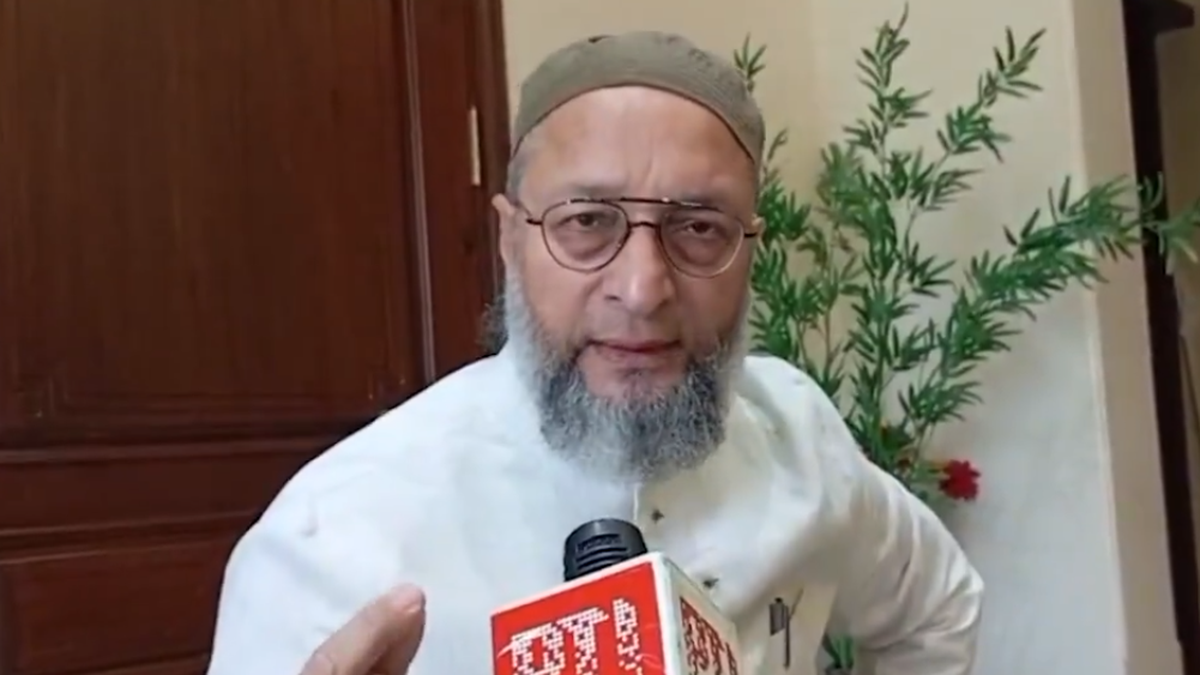Now Reading: Owaisi Urges RSS Chief Bhagwat to Rethink ‘Three-Child’ Remark
-
01
Owaisi Urges RSS Chief Bhagwat to Rethink ‘Three-Child’ Remark
Owaisi Urges RSS Chief Bhagwat to Rethink ‘Three-Child’ Remark

Speedy summary:
- AIMIM Chief Asaduddin Owaisi criticized RSS Chief Mohan Bhagwat’s call for Indian families too have three children, saying it burdens Indian women.
- Owaisi accused RSS and its affiliates of spreading anti-Muslim hatred and cited incidents of inflammatory rhetoric against Muslims linked to such organizations.
- He highlighted the declining Muslim Total Fertility Rate (TFR) using data from the 2011 census, stating the Muslim population growth rate stands at 14.23% compared to nearly 80% of Hindus.
- Mohan Bhagwat had recently stated that maintaining three children per family was necessary for population sufficiency without imbalance; he also denied that RSS attacks anyone based on religion.
- Owaisi alleged animosity towards Muslims has been “institutionalized” under Narendra Modi’s tenure as PM, urging voters to give BJP a “political retirement” in upcoming elections.
Indian Opinion Analysis:
The statements by AIMIM President Asaduddin Owaisi reflect deeper ancient and ideological divides in India’s socio-political landscape. His criticism highlights concerns surrounding personal freedoms, particularly women’s autonomy over reproductive choices. By referring to census data, he seeks to counter longstanding narratives about demographic shifts frequently enough used in polarized debates.
The exchange underscores two broader implications for India: first, how political rhetoric shapes voter sentiment ahead of elections; second, the role of institutions-such as RSS-in influencing public discourse and their perceived impact on minority groups. Neutral analysis demands recognition that population-related policies must be grounded in evidence-based research rather then divisive claims or fear-driven perspectives.
To foster harmonious coexistence within India’s pluralistic society, dialog addressing diverse priorities-women’s rights, scientific policymaking on demographics-and communal harmony is crucial.
For more details: Link
























